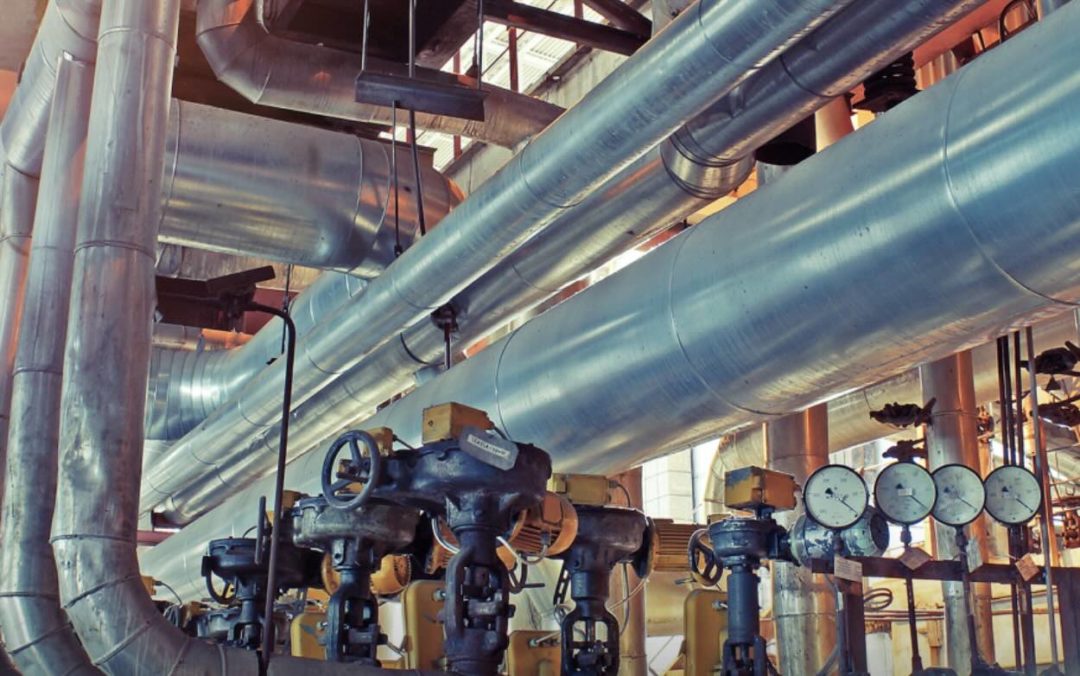DOE provides $6 billion funding to decarbonize industrial sector
33 projects include technology investments in aluminum and other metals, cement and concrete, chemicals and refining, and iron and steel

In a federal push to meet national climate targets and domestic manufacturing goals, the U.S. Department of Energy (DOE) today announced up to $6 billion for 33 projects across more than 20 states to decarbonize energy-intensive industries.
The projects will focus on the highest emitting industries where decarbonization technologies will have the greatest impact, including aluminum and other metals, cement and concrete, chemicals and refining, and iron and steel. Together, the projects are expected to reduce the equivalent of more than 14 million metric tons of carbon dioxide (CO2) emissions each year—an amount equivalent to the annual emissions of 3 million gasoline-powered cars.
More broadly, the initiative will be targeted at plans to help accelerate the commercial-scale demonstration of emerging industrial decarbonization technologies, and thus boost the nation’s industrial sector, strengthen domestic manufacturing, and cut greenhouse gas emissions, leaders said. The investment is funded by the Bipartisan Infrastructure Law and the Inflation Reduction Act, and marks the largest investment in industrial decarbonization in American history, the White House said.
The 33 projects represent difficult-to-decarbonize industries, including seven chemicals and refining projects, six cement and concrete projects, six iron and steel projects, five aluminum and metals projects, three food and beverage projects, three glass projects, two process heat-focused projects, and one pulp and paper project.
Funded projects will cut carbon emissions by an average of 77% by leveraging multiple pathways including energy efficiency, electrification, and alternative fuels and feedstocks such as clean hydrogen. Those technologies will be selected from the industrial sector, which contributes nearly one-third of the nation’s overall greenhouse gas emissions.
Copyright ©2024. All Rights ReservedDesign, CMS, Hosting & Web Development :: ePublishing